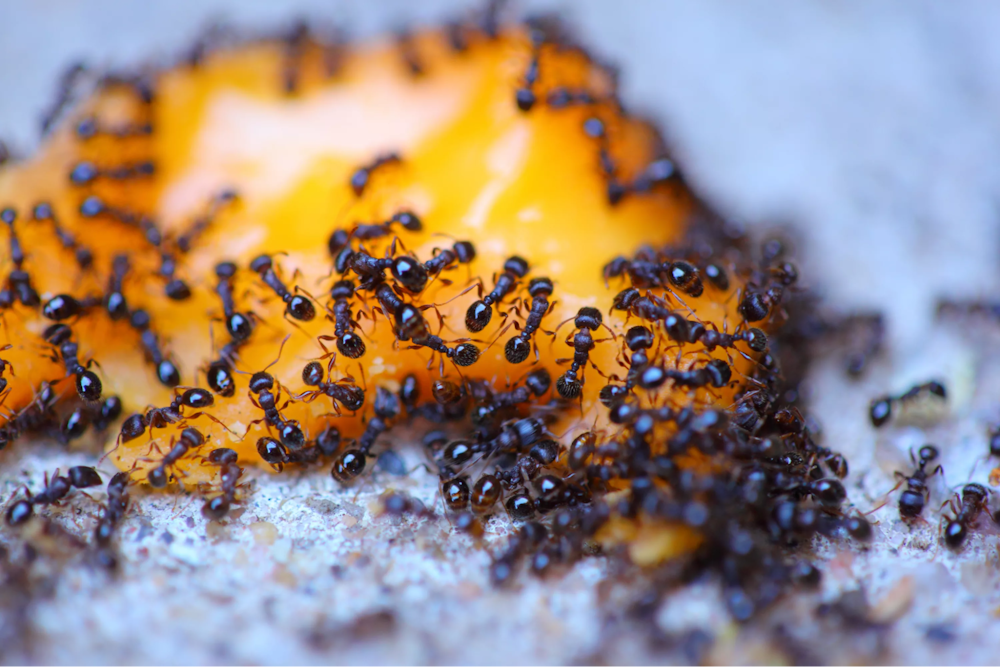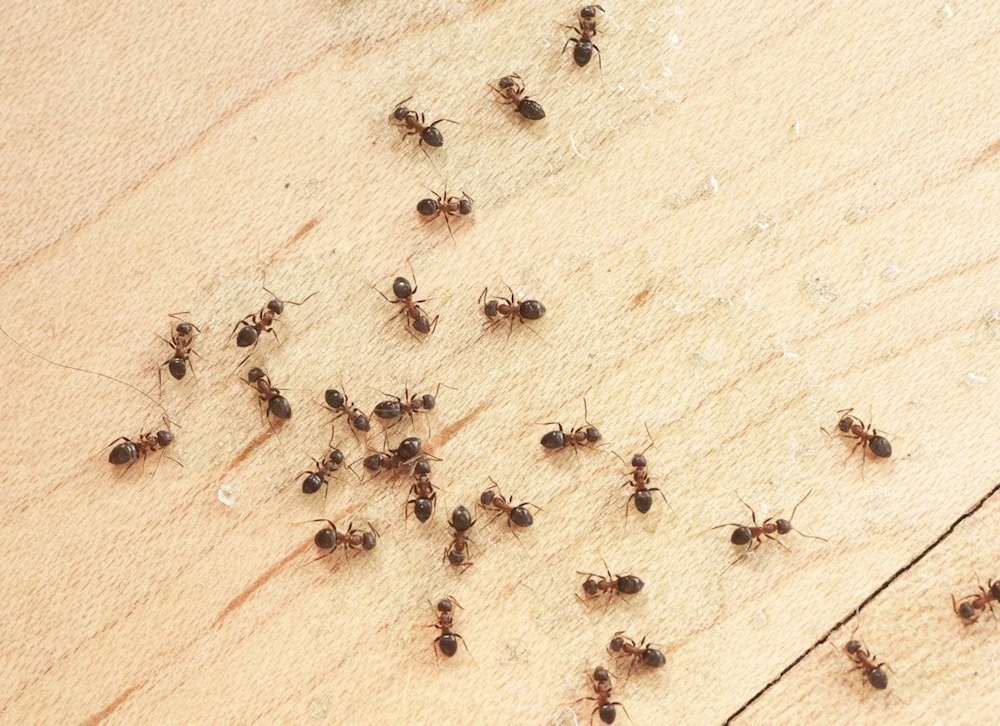If you have found yourself battling an ant infestation, you might be reluctant to use harsh chemicals, especially around pets and children. Fortunately, there are effective ways to get rid of ants naturally without resorting to toxic substances. This article will guide you through non-toxic methods that repel ants and help you maintain a pest-free home. Discover how to tackle common pest issues, like carpenter ants and fire ants, with remedies that are not only safe but are also environmentally friendly.
Understanding the Ant Invasion: Why They’re in Your Home
Ants might enter your home in search of food, water, or shelter. Common attractants are sweet foods, pet foods, and water sources. They leave behind scented trails for other ants to follow, which can quickly lead to an infestation. By identifying and eliminating these attractants, you can take the first steps toward controlling pests. This means regularly cleaning up crumbs, storing food in sealed containers, and addressing moisture issues which all helps keep ants at bay.

The Non-Toxic Arsenal: Safe Ingredients to Combat Ants
In the quest to eliminate ants naturally, there are several household items at your disposal that can act as natural repellents. From vinegar, a natural acid that deters ants due to its strong smell, to essential oils, which disrupt the chemical trails ants follow, these ingredients are very effective at controlling pests. Also, items like diatomaceous earth, which damages the exoskeleton of ants upon contact, provide a mechanical means of ant control.
Step-By-Step Guide: Implementing Natural Ant Repellents
To effectively use non-toxic methods to control ant invasions, it’s important to know the specifics. For example, some natural ingredients work well when mixed with others and can be applied directly to problem areas where ants are seen. Let’s take a look at the steps involved:
- Identify the ant trails and spots where they frequent most.
- Prepare your chosen non-toxic solution, like a vinegar mixture or essential oil spray.
- Apply the solution along the trails, entry points, and other problem areas.
- Wipe down surfaces to remove ant trails and repeat applications as necessary.

Proactive Measures: Preventing Future Ant Infestations
A key component of ant control is prevention. Ensuring that every nook and cranny that might attract ants is sealed off helps prevent them from coming inside. Repair cracks in outer walls, secure door and window frames, and maintain a clean home environment. Routinely dispose of wastes and keep food containers tightly sealed. By making your home less inviting, you will deter ants from setting up camp.
DIY Ant Deterrents: Homemade Remedies to Keep Ants at Bay
Creating natural deterrents at home is not only economical but often just as effective as commercial repellents. Here are a few recipes:
- Vinegar solution: Mix equal parts water and vinegar and spray in affected areas.
- Lemon juice mix: Combine lemon juice with a bit of water and use it to wipe down surfaces.
The Role of Plants in Ant Control: Natural Repellents Right from Your Garden
Certain plants are known to repel ants and other insects with their natural oils and strong scents. For instance, mint deters various ant species, while other plants including tansy and lavender, are often found to be effective at keeping ants away from gardens. Placing these plants around the home helps prevent ants from establishing new colonies.
Troubleshooting Common Issues When Using Non-Toxic Methods
The transition from using chemical ant killers to natural solutions might require patience. Natural remedies could take more time before you begin to see significant results. Being consistent with applications and combining different methods can enhance effectiveness and ensure ants are kept away for good.

Conclusion
When it comes to eliminating ants, non-toxic methods offer numerous benefits over conventional, chemical-based pest repellents. By using natural solutions, you are not only protecting your family and pets from potential toxins, you’re also guarding the environment. Although it may take a little longer to rid your home of ants, persevering with these natural methods will lead to a safe, ant-free home. Importantly, remember that prevention is key in ensuring these pesky insects don’t come back.
FAQs
| Question | Answer |
|---|---|
| Are non-toxic methods as effective as chemical ant killers? | Non-toxic methods can be very effective, especially when used consistently and correctly. Some may require more time to see results, but they are safer alternatives for humans, pets, and the environment. |
| How often should I reapply natural ant repellents? | Depending on the solution, reapplication might be necessary every few days or after any event that might wash away the repellent, such as cleaning or rainfall. |
| Can I use multiple non-toxic methods at the same time? | Yes, combining methods often increases your chance of success in both deterring and eliminating ants. |
| Will these non-toxic remedies work on all types of ants? | While results might vary depending on the species, many of these remedies are broad-spectrum and can effectively control various types of ant infestations. |
| Can non-toxic ant control methods harm my pets or children? | Most non-toxic ingredients used for ant control are safe around pets and children. However, it’s always recommended to keep them away from the treated areas until the remedies have dried or settled. |